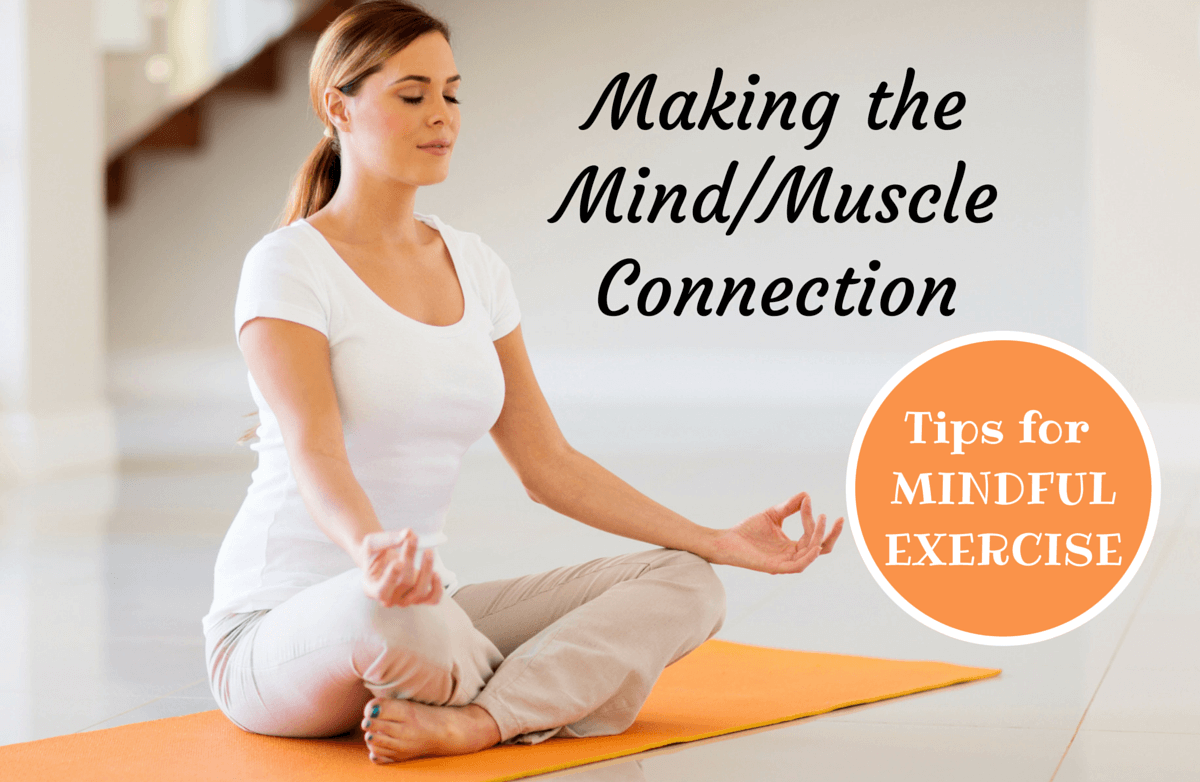|
Most of the time, I’m running around like a crazy lady all day long. I’ve got work to do, errands to run, kids to take care of, chores at home, etc. I’m sure a lot (if not most) of you can relate. I bring a lot of it on myself because I’m the type of person who likes to get everything done -- right now. For a long time, I considered my busy routine to be a drag. I was easily overwhelmed, stressed out, and felt like I never had time for me. And to be quite honest, those feelings made me sad. More recently, I’ve taken a step back to look at my life from a different perspective. Instead of getting so bogged down in all of the day-to-day details, I’m trying to adapt to the chaos and appreciate all of the good things in my life. I’m trying to see my life for what it is so that I can start taking small steps to make it better. Instead of wishing things were different, I’m putting together a plan for change. For instance, I always felt like I’d never have the simple life I want unless I lived out on a farm in the middle of nowhere. But I’m realizing that I can make my life (and the life of my family) whatever I want it to be. Just because I live in the suburbs doesn’t mean we can’t live the way I’d envision. This change in perspective is slowly making me a more optimistic and happy person. Recently I read an article that gave me a lot to think about. The topic was being an optimist, and how you can have a more rewarding life by looking at the glass as half full instead of half empty. Of course there are going to be low points in life (more for some than others), and we can’t deny that terrible things happen around the world every day. I’m not suggesting we ignore those things, but for me, being optimistic is more about recognizing all the good things about my life and the possibilities for the future. I hope to teach my children these lessons so that it doesn’t take them as long as it’s taken me to start learning them. Suzanne C. Segerstrom, author of the book Breaking Murphy’s Law, “explained that optimism is not about being positive so much as it is about being motivated and persistent. … If you behave more optimistically, you will be likely to keep trying instead of giving up after an initial failure. “You might succeed more than you expected,” she wrote. Even if the additional effort is not successful, it can serve as a positive learning experience, suggesting a different way to approach a similar problem the next time.” Even if you don’t consider yourself to be an optimist by nature, there are things you can do to change your mindset and get things moving in a better direction. Check out Optimism and the Power of Positive Thinking for tips on how changing your thinking can help change your life. Looking for a few words of inspiration? Check out SparkPeople’s Healthy Inspiration. Do you consider yourself to be an optimist? How has that helped you lead a happier life? If you’re not an optimist, do you think it holds you back? Why or why not? |
More From SparkPeople
|

.png)













